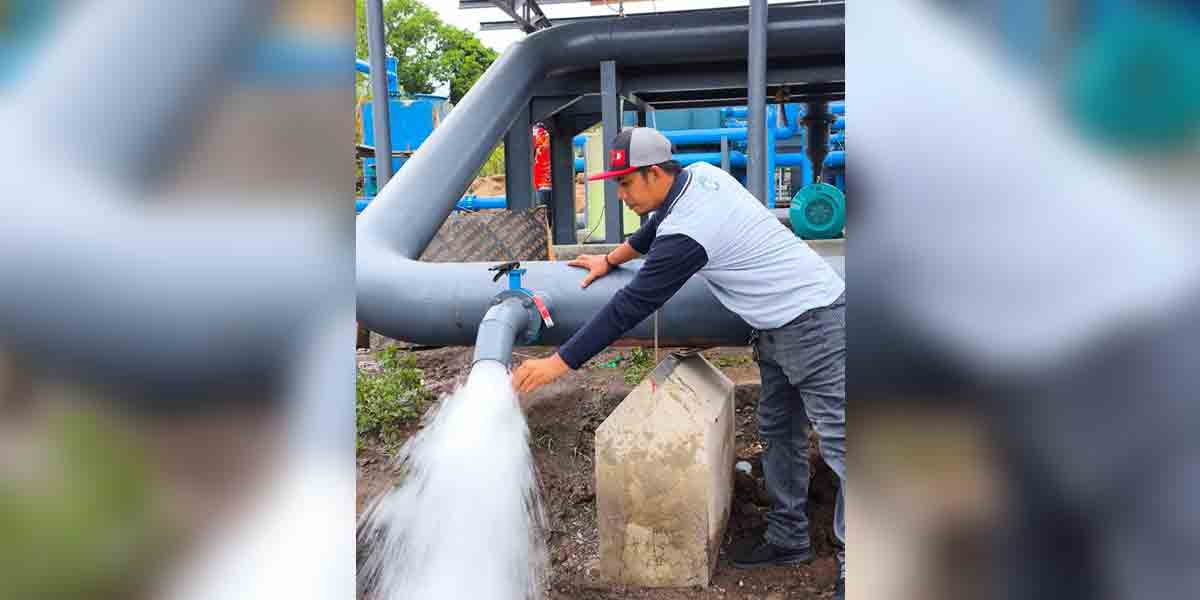Iloilo City has undergone rapid and dizzying transformation over the past decade.
With the city’s growing population, expanding road networks, and growing business climate, the need for enhanced security measures has become increasingly evident.
More than ten years ago, the Iloilo City Police Office (ICPO) envisioned adding four more police stations to better serve its residents. Proposed during the presidency of Gloria Macapagal-Arroyo, this plan was shelved but has now been revived, leading to the activation of four new police stations on July 2, 2024.
While the addition of these police stations marks a significant step towards maintaining peace and order, it also highlights the persistent challenges that the city faces.
Despite numerous efforts, crimes such as illegal drug trade and petty offenses like fraternity hooliganism continue to plague the city. This situation underscores the urgent need for more efficient police work and proactive community policing.
Philippine National Police chief General Rommel Francisco Marbil led the activation ceremony for Iloilo City Police Station (ICPS) 7, ICPS8, ICPS9, and ICPS10, which are expected to enhance the police force’s ability to respond to the city’s security needs.
ICPS7, located at the I-Care Center in Barangay Tanza-Esperanza, will cover 24 barangays with a population of around 26,835. ICPS8, operating from the Bo. Obrero Barangay Hall in Lapuz district, will serve 12 barangays with a population of 30,384.
ICPS9, based at the Uswag Youth Center in Jaro district, will cover 29 barangays with a population of 60,519. ICPS10, temporarily located at the ICARE Center in Gaisano ICC in Mandurriao district, will serve seven barangays with a population of 25,917.
Despite the expansion, the ICPO’s efforts must be complemented by a robust strategy to combat illegal drugs and petty crimes. Since the Duterte administration’s crackdown on drugs, the issue remains pervasive, indicating that enforcement alone is insufficient. A comprehensive approach that includes community engagement, education, and rehabilitation is essential to curb these activities effectively.
Moreover, the presence of fraternity-related disturbances calls for a more nuanced approach to policing. Increased police visibility and community-based interventions can help deter these activities and foster a safer environment for all residents.
As Colonel Joeresty Coronica, ICPO chief, has noted, the city’s population swells to nearly double its size during the day, necessitating a well-resourced and efficiently managed police force.
With the deployment of additional personnel by the Police Regional Office (PRO) 6, including 131 officers last month, the ICPO is better equipped to address the city’s security demands.
However, the success of these new stations will hinge on adequate funding for their maintenance and operations, as well as continued support from the community. Effective policing is not solely the responsibility of law enforcement but a collective effort that involves active participation from citizens.
The activation of these new stations is a commendable move towards enhancing public safety. Still, it must be part of a broader strategy to address the root causes of crime and ensure sustainable peace and order in Iloilo City. By fostering collaboration between the police and the community, we can build a safer, more secure city for all.




















